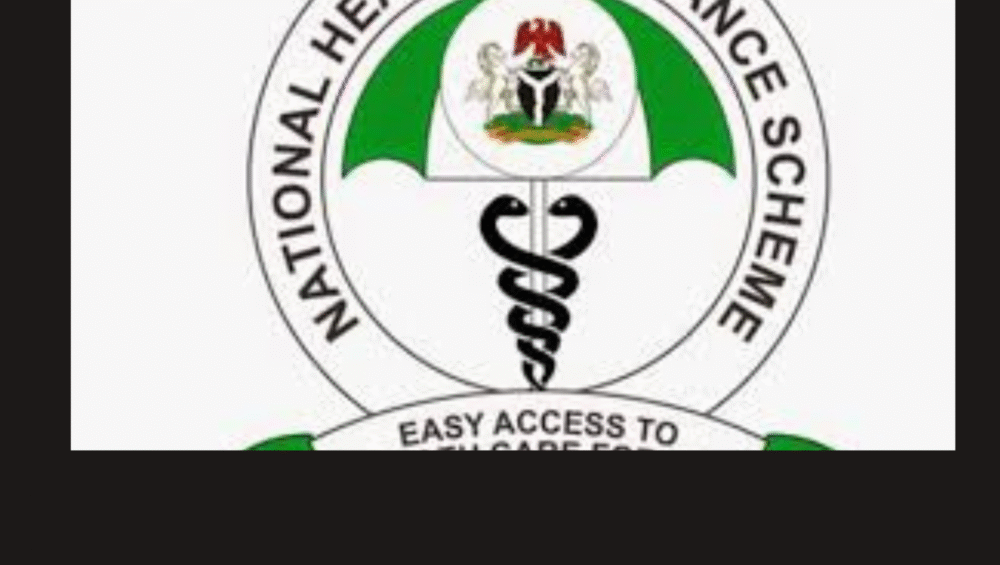The National Health Insurance Authority (NHIA) has penalised 49 healthcare facilities and 47 Health Maintenance Organisations (HMOs) across the country for breaching operational standards in 2024.
According to a statement issued on Sunday by the agency’s Acting Director of Media and Public Relations, Emmanuel Ononokpono, the sanctions followed investigations into over 3,500 complaints filed by enrollees under the national health insurance scheme.
Most of the complaints, the report revealed, centred on unavailability of essential drugs, denial of healthcare services, out-of-pocket payments for insured treatments, and poor communication on payment issues. HMOs, on their part, were accused of delays in issuing referral codes, failure to promptly settle payments, and neglecting quality assurance obligations.
The NHIA’s Enforcement Department, led by Acting Director Dr. Abdulhamid Habib Abdullahi, handled 3,507 complaints during the review period. Of these, 2,929—mostly against healthcare providers—were resolved within the standard timeline of 10 to 25 days.
The authority issued 84 warnings to healthcare facilities, suspended four, and delisted six others. Additionally, 39 healthcare providers were directed to refund over ₦4.3 million to 54 affected enrollees. Twelve HMOs were also mandated to return ₦748,200 to 15 enrollees, while 35 received warning letters and were instructed to correct their lapses.
NHIA Director-General, Dr. Kelechi Ohiri, said the sanctions underscore the agency’s commitment to upholding service quality and accountability within the system. He noted that stricter timelines have been set—particularly a one-hour window for HMOs to issue referral codes—after which providers are required to proceed with treatment based on pre-approved protocols.
“Enrollees deserve the best care, and we are determined to ensure they get it,” Ohiri said. “We expect providers to step up, especially with the recent increase in capitation and service fees.”
The agency said it remains committed to fairness, transparency, and improved healthcare access, in line with the federal government’s push towards Universal Health Coverage.





